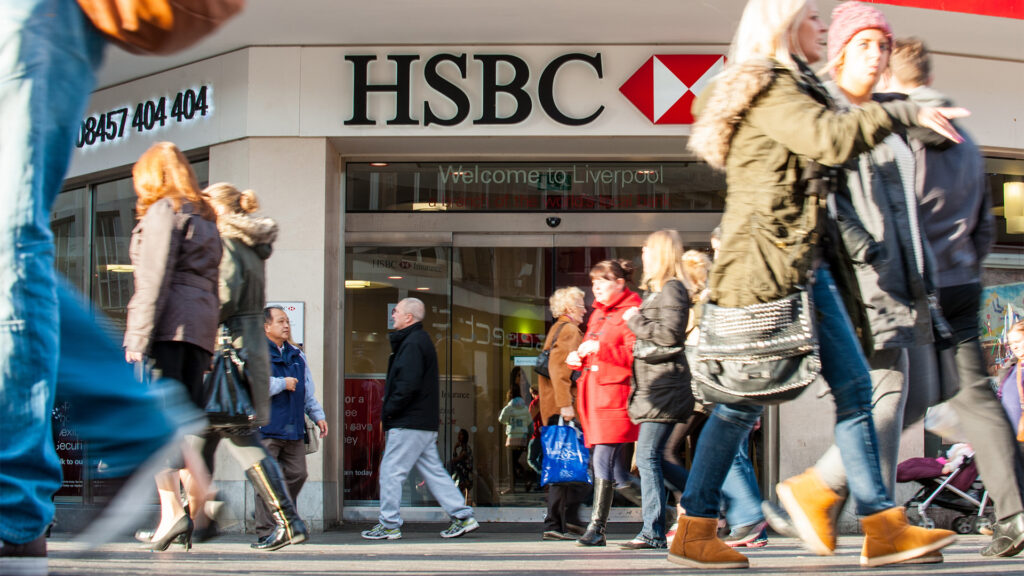For the second time in four months, HSBC has revealed its pessimism regarding the future direction of the Chinese economy and the country’s severe property crisis with a massive write-down on a key investment, this time in a major bank.
Last October, HSBC disclosed a $US500 million charge to cover potential losses on commercial real estate loans in China. At the time, the charge against earnings was attributed to economic uncertainty, inflation, rising interest rates, and ongoing developments in the sector.
However, on Wednesday, it took a $US3.0 billion impairment loss related to its 19% stake in China’s Bank of Communications (BoCom), which is heavily exposed to the country’s property crisis.
The news caused HSBC’s shares to lose 8% of their value after the release of the results. The Hong Kong and Shanghai markets rose, disregarding the message from the write-down.
HSBC is BoCom’s second-largest shareholder behind the Chinese government, having bought a stake in 2004 for $US1.75 billion and adding another $US1.7 billion stake in 2012. BoCom is China’s 6th largest bank.
Market reports in Hong Kong and London late last year suggested HSBC might have to impair the book value of the investment. Many reports claim the write-down could be as high as $US15 billion on a book value reported in August at nearly $US24 billion.
HSBC said the write-down in its holding in BoCom stake came after a review of the Chinese bank’s likely future cash flows and outlook for loan growth and interest margins, against the background of the weak economy.
That means the review concluded that the bank would not earn enough in future years to justify its book value due to weak property and prospects for economic growth.
The large write-off came after rival Standard Chartered in October took a nearly $US1 billion hit on its own China bank stake, as widening loan losses compressed lenders’ profits.
And Canada’s Bank of Nova Scotia made a smaller write-down in an investment in Bank of Xi’an Co Ltd. in China.
“China’s recovery after reopening (following the pandemic) was bumpier than expected, but its economy grew in line with its annual target of around 5 per cent in 2023,” HSBC Chairman Mark Tucker said in a release on Wednesday.
Seeing it was the second-largest shareholder in BoCom, you’d have to assume that HSBC cleared with the government, or at least informed the biggest shareholder.
The unexpected news didn’t detract, though, from what was a big result from HSBC, which still managed to lift pre-tax earnings to a record $US30 billion on revenue for 2023 of $US66 billion, up from $US51.73 billion in 2022.
HSBC reported a 78% jump in pre-tax profits for the 2023 year to $US30.3 billion from a year ago. That was well under the $US34.06 billion from analysts but well above the $US17.3 billion for all of 2022.
The reason for the miss was the loss in the December quarter when the bank took that unexpected write-down on an investment.
The bank said its profit after tax increased by 50% or $US8.3 billion to $US24.6 billion.
The bank will pay a 61 cents a share dividend for all of the year (they were resumed last year) but the bank says it will run a $US2 billion buyback over the next year. The bank said that once the sale of its businesses in Canada is completed, it will look to pay a special 21 cents a share dividend later this year. The new buyback will be on top of the three last year which totaled $US7 billion.

